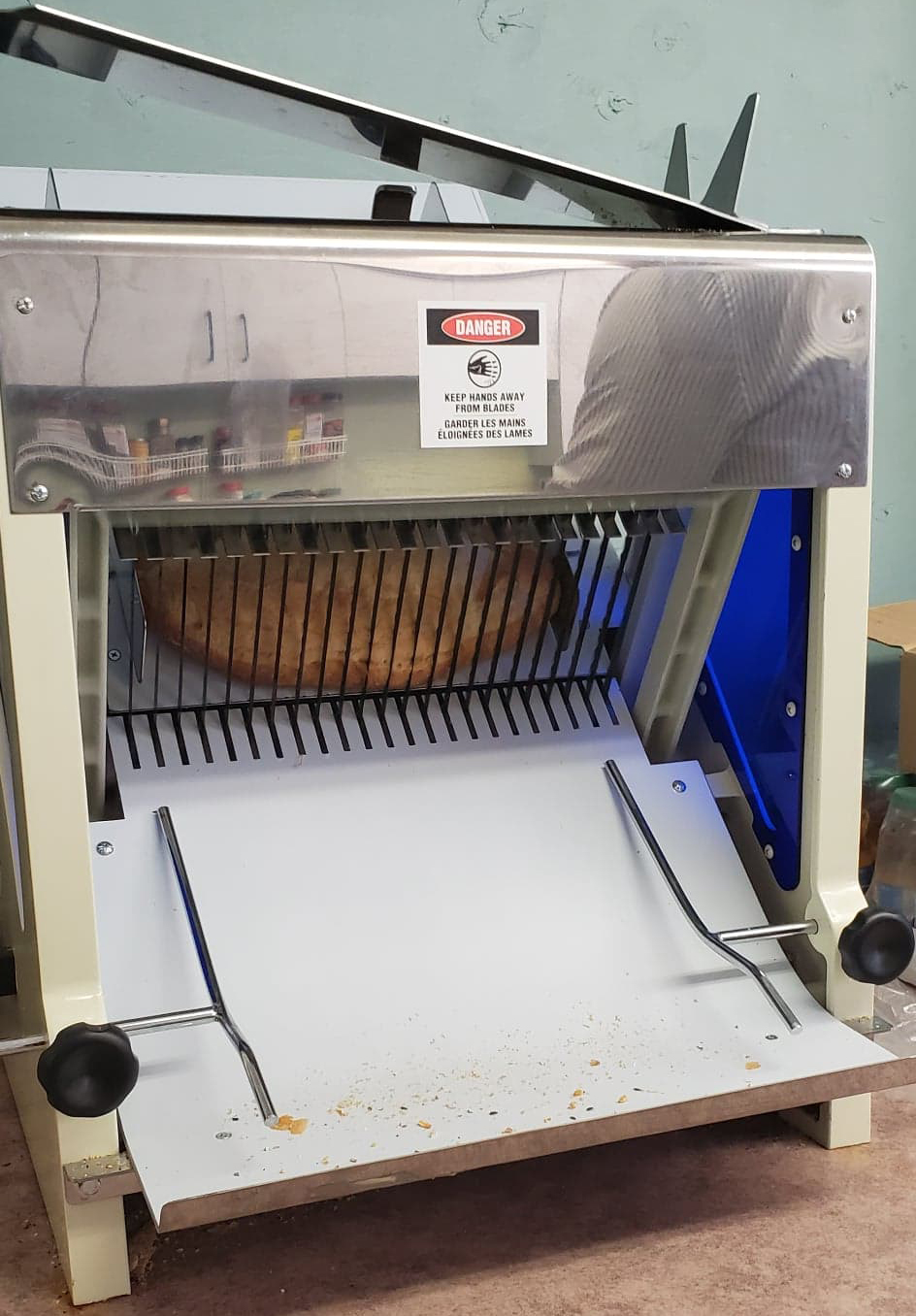School Feeding Program Connects with Kids
Regina, Saskatchewan – The Salvation Army is proud to announce an exciting new partnership with PotashCorp that will provide nutritious lunches to at-risk elementary students in Regina.
PotashCorp is donating $45,000 to help cover the cost of the Food on the Move “School Feeding Program”– currently providing nutritious lunches to underprivileged students at Coronation Park Elementary School. The program started as a pilot project last March; thanks to PotashCorp’s generous donation, the Salvation Army is now able to expand it for the entire 2012/2013 school year and potentially expand the program to other Regina schools.
Each school day, Salvation Army staff prepares at least 70 bags of nutritious food and then, at lunch time, it’s delivered to Coronation Park School – providing each child with a healthy sandwich, fresh fruit and vegetables, milk or real fruit juice, and a sweet treat.
“The Salvation Army recognized that there were children attending Regina schools who didn’t receive nutritious lunches, so it was our goal to alleviate that issue by helping feed as many vulnerable kids as possible,” said Major Doug Binner, Executive Director of The Salvation Army’s Haven of Hope Community Ministries. “Together with PotashCorp, we’ve found a unique way to connect with these kids and continue to bring nutritious food to students at Coronation Park School.”
This is the second major contribution PotashCorp has made this year to The Salvation Army to help feed underprivileged kids. This past summer PotashCorp donated $45,000 ($20,000 to Regina – $ 25,000 to Saskatoon) to help The Salvation Army cover the costs of the Food on the Move “Summer Feeding Program”. That program provided lunches to less-fortunate kids in area parks in both Regina and Saskatoon.
“Healthy food helps to build the foundation for a fulfilling life. When people don’t get enough to eat, it’s difficult for them to pursue their goals and reach their dreams – especially for children,” said Rhonda Speiss, PotashCorp’s Manager, Corporate Philanthropy. “We believe this partnership with the Salvation Army and its school feeding program will make a positive impact on the lives and education of the students at Coronation Park School.”
Staff at Coronation Park School are thankful that children have been able to receive this kind of assistance – allowing them to live a healthier life.
“The school feeding program provided by The Salvation Army is of vital importance,” said Greg Smith, Principle of Coronation Park Elementary. “As many as 70 students are supplied with a nutritious and healthy lunch each day; these are students who otherwise might not have one. The students being well fed are then able to concentrate and are more ready to complete their school work.”
About The Salvation Army
The Salvation Army is an international Christian organization that began its work in Canada in 1882; on the Prairies in 1886; in Regina in 1895. The Salvation Army has grown to become the largest non-governmental direct provider of social services in the country giving hope and support to vulnerable people today and everyday in 400 communities across Canada and more than 120 countries around the world. The Salvation Army offers practical assistance for children and families, often tending to the basic necessities of life, providing shelter for homeless people and rehabilitation for people who have lost control of their lives to an addiction. When you give to The Salvation Army, you are investing in the future of marginalized and overlooked people in your community.
About PotashCorp
As the world’s largest crop nutrient company, PotashCorp plays an integral role in global food production. The company produces the three essential nutrients required to help farmers grow healthier, more abundant crops. With global population rising and diets improving in developing countries, crop nutrients such as potash, phosphates and nitrogen offer a responsible and practical solution to help produce the food we need, from the land we have.




